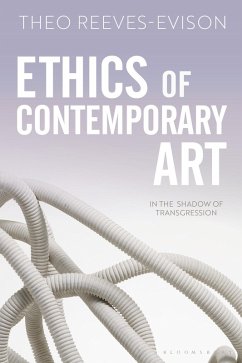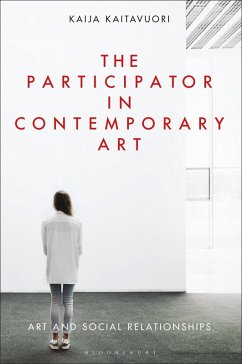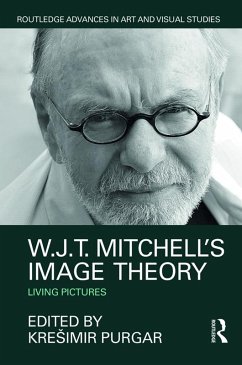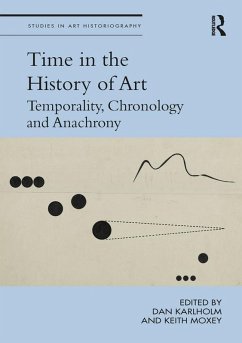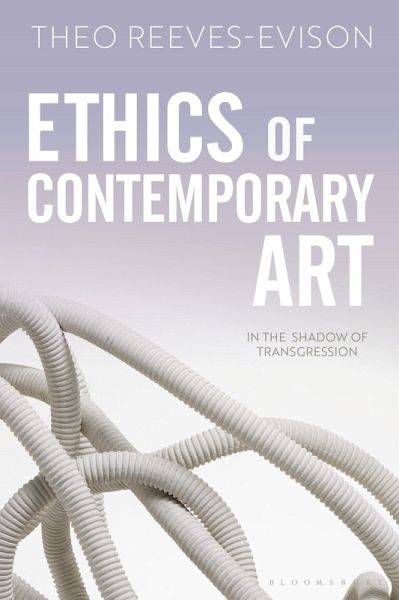
Ethics of Contemporary Art (eBook, ePUB)
In the Shadow of Transgression
Versandkostenfrei!
Sofort per Download lieferbar
25,95 €
inkl. MwSt.
Weitere Ausgaben:

PAYBACK Punkte
13 °P sammeln!
What happens when the shock of artistic transgression wears off, when scandal dissipates, when outrage becomes a tired routine? In this original new book, Theo Reeves-Evison argues that transgressive art no longer succeeds on its own terms in societies where language, prohibition and morality have become increasingly malleable. This compels us to rethink the relationship between contemporary art and ethics, and focus our attention on the potential of artworks to propose new values rather than simply challenge pre-existing moral codes. Assembling a novel theoretical framework from the writings ...
What happens when the shock of artistic transgression wears off, when scandal dissipates, when outrage becomes a tired routine? In this original new book, Theo Reeves-Evison argues that transgressive art no longer succeeds on its own terms in societies where language, prohibition and morality have become increasingly malleable. This compels us to rethink the relationship between contemporary art and ethics, and focus our attention on the potential of artworks to propose new values rather than simply challenge pre-existing moral codes. Assembling a novel theoretical framework from the writings of Félix Guattari, Jacques Lacan and others, Ethics of Contemporary Art narrates a journey away from transgression towards a new critical paradigm for the relationship between ethics and aesthetics that places questions of subjectivity centre stage. Along the way artworks by Kader Attia, Artur Zmijewski, Dora Garcia and others serve as springboards launching discussions of the varied pathways along which a renewed ethics of contemporary art might develop.






